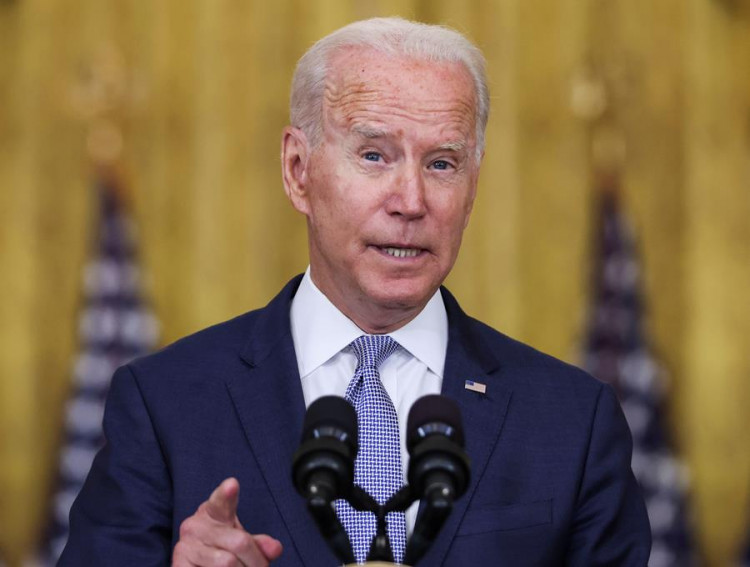President Joe Biden is set to convene his national security team on Monday as tensions escalate between Israel and Iran, following a series of assassinations attributed to Israeli forces. These developments come ten months into the ongoing conflict in the Gaza Strip, heightening the threat of a broader regional war.
Countries including the United States, the United Kingdom, Australia, France, Canada, South Korea, Saudi Arabia, Japan, Turkey, and Jordan have issued urgent advisories for their citizens to leave Lebanon immediately. This follows reports of two sonic booms over Beirut, as the Israeli military confirmed it had struck a "terrorist cell operating a drone" in southern Lebanon after "numerous projectiles" were fired at northern Israel.
Gaza health officials reported that over 70 people were killed in Israeli airstrikes over the weekend, bringing the total death toll in Gaza to nearly 40,000 since the conflict began. The situation remains volatile, with Israeli officials preparing for potential multi-day attacks by Iran and Hezbollah in retaliation for the recent assassinations of Hamas political leader Ismail Haniyeh in Tehran and Hezbollah military commander Fuad Shukr in Beirut.
An Iranian Foreign Ministry spokesperson, addressing the assassination of Haniyeh, declared, "No one can weaken our determination to punish the aggressor," and insisted that Israel "must be held accountable for this crime." Although Israel has not officially claimed responsibility, its officials have praised the assassinations.
The U.S. administration is on high alert, with Secretary of Defense Lloyd Austin reaffirming U.S. support for Israel in a conversation with his Israeli counterpart, Yoav Gallant. The Pentagon announced the deployment of additional fighter jets and Navy warships, including an aircraft carrier, to the region to bolster defenses and deter further escalation.
Israeli Prime Minister Benjamin Netanyahu, addressing his cabinet, asserted that Israel is in a "multi-front war" with Iran and its proxies. Netanyahu emphasized that Israel is prepared for any scenario, highlighting the importance of international support in navigating this crisis.
Diplomats have been working tirelessly to prevent a larger regional conflict since the Hamas attack on Israel on October 7, which resulted in 1,200 deaths and around 240 hostages taken. Despite these efforts, Iran-backed groups such as Hezbollah and the Houthis have escalated their attacks on Israel, framing their actions as support for the Palestinian cause.
The death toll in Gaza continues to rise, with Israeli airstrikes hitting two schools in Gaza City on Sunday, killing at least 30 people, according to local health officials. The Israeli military stated that the strikes targeted a Hamas military compound embedded within the schools.
The White House announced that Vice President Kamala Harris, the presumptive Democratic nominee, will also attend the national security meeting. Secretary of State Antony Blinken has been in close contact with his counterparts, warning that an attack by Iran and Hezbollah on Israel could occur as soon as Monday.
General Michael Erik Kurilla, head of U.S. Central Command (CENTCOM), is expected to arrive in Israel on Monday to coordinate preparations for the anticipated Iranian retaliation. The U.S. and Israel are bracing for a potential large-scale conflict, with some Israeli citizens already preparing bomb shelters in response to the heightened threats.






